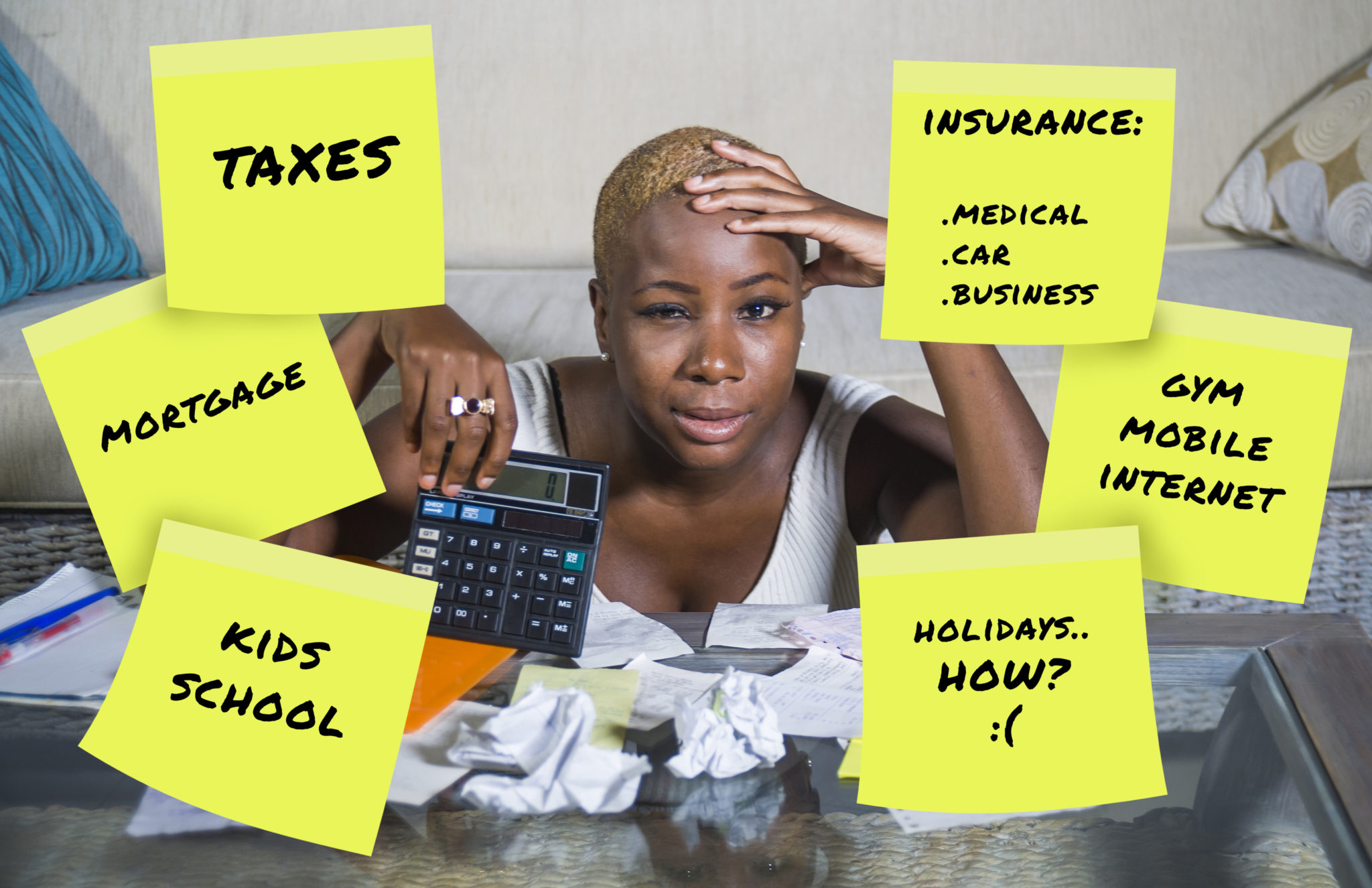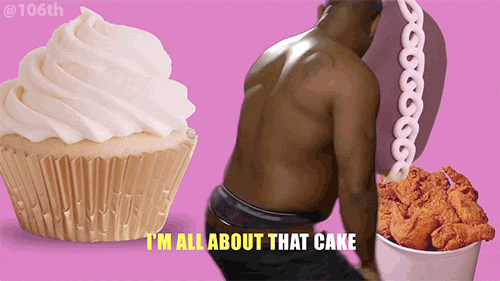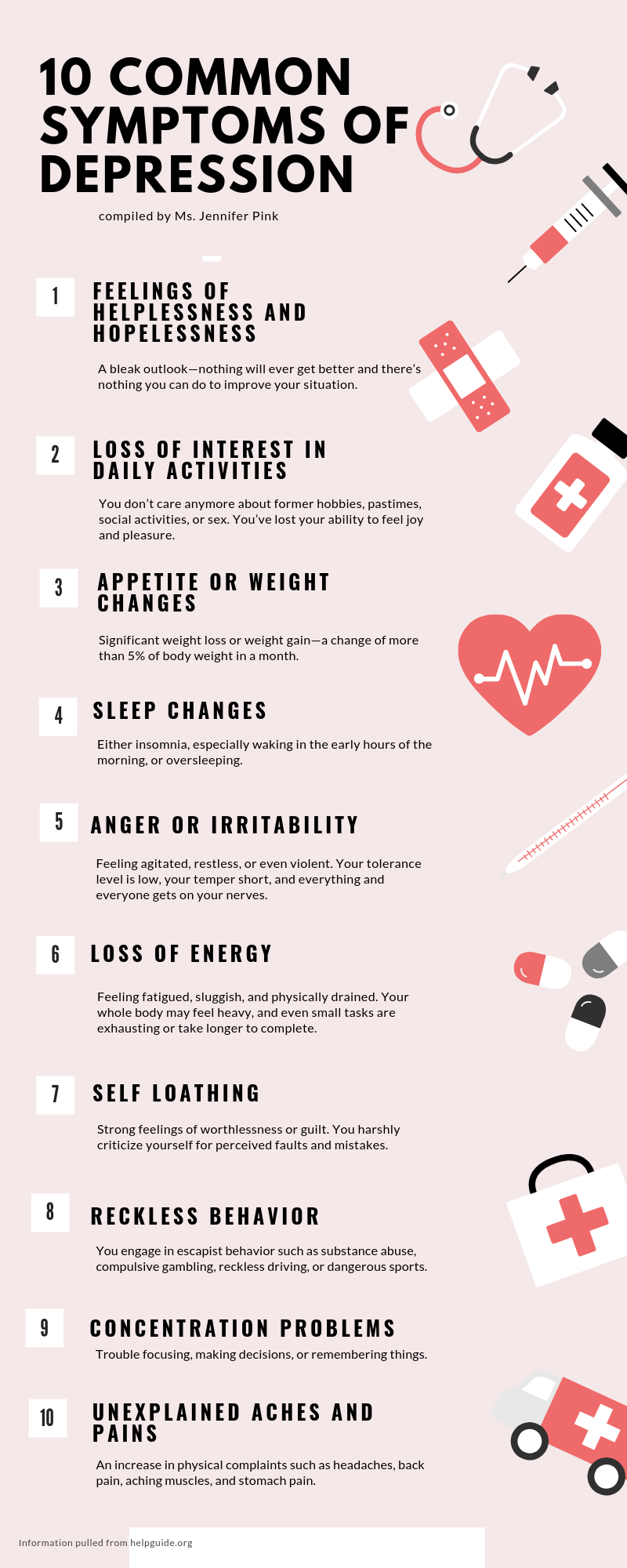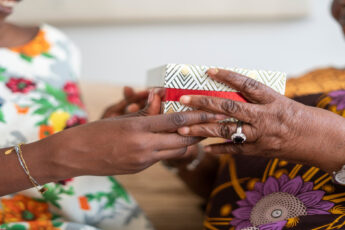July is Minority Mental Health Awareness Month so I decided to share my battle with depression. What does depression look like? Whatever it looks like, I am almost sure that it doesn’t look like me. I am reasonably pretty, I am reasonably successful, I have a husband and four kids. While I might not look like much when I wake up in the morning, with my hair all over the place, I don’t think I look like depression.
Depression looks like…
Then again, if I look a little closer, maybe I look exactly like what depression looks like. In my mind, depression looks like sadness, lethargy, malaise. In my head, depression looks like you stop smiling, you stop looking happy, you stop getting things done. When I think about it, maybe I do look like depression; it’s just that the happy-happy-joy-joy mask that I wear for the world is really freaking good.
There is no such thing as casual depression. The fight that I go through often makes it difficult for me to do anything beyond the basics of being a Mommy and a wife. I feed them, I make sure they are still amongst the living, and I don’t do much beyond that. Those are the days that are harder than hard. Those are the days when depression feels like an overwhelming sense of darkness, an all-encompassing paralysis that locks me down from doing anything; a suffocating fog enveloping my brain that makes it tough to work on my business, difficult to have a conversation with my children, and impossible to perform my wifely duties for my husband (which aren’t a chore, mind you; I happen to like that part of the job). No, my fight with depression is not casual at all.

Where did this depression come from?
How did I get like this? These are the questions that I have asked myself, repeatedly, over the last several years. Keeping it 100 with myself, though, I have always battled with depression—and I have worn so many masks to hide it over the years that I have been able to trick myself into believing that it doesn’t really exist; that is, until it hits me so hard that my masks no longer can effectively cover it.
Over the last three years, life hit me with so many gut punches and roundhouse kicks that all my masks seemed to slip out of my fingers into the trash cans. I could no longer fake smile, fake laugh, fake joke, outrun or cover-up the suffering that I was going through; I couldn’t shake off my internal battles, I couldn’t hide from my own self-loathing, I could not add to my own self-worth, I could not avoid my overwhelming need for outside approval, an approval that I refused to give to myself, especially regarding my own recognition of my depression. The battle was no longer merely a battle; we had reached all-out war for my sanity.

How I cope…
At the outsets, I dealt with it lightly. As I gave in to the depression, at first I just ate the cupcakes and the candy and the chocolate; and I can’t forget the ice cream. Sweets were my comfort. I told myself I wasn’t depressed; I joked (always a joke to get through the pain) that I was just letting my inner fat girl out. If I changed my mind, I could just wake up that day and make things different. As the weight went up, the self-esteem went down—and the depression increased. Eventually, I was only sitting up in the bed to breastfeed because the baby had reached the age where she wouldn’t lay down anymore. As the depression took over, I ate more cupcakes, and stayed in bed longer.
Enough was enough…
Finally, I couldn’t take the depression anymore. I was tired of the way I felt. I made up in my mind that I was strong enough to make a change—even if that change came only one baby step at a time.
I started little by little. I got up, took a shower, and put on a cute skirt and some pink lipstick. That was progress. The next day, I got up, and went to work on my business with the Starbucks Wi-Fi for about five hours or so. Every day, little bit by little bit, I would deliberately do something different until I finally learned which things helped me the most. I learned I needed to go outside. I learned that I needed to intentionally leave the house in order to give me that stability and purpose. I learned to stop focusing on what was wrong or what I could not change, because those foci would push me further into depression. And most importantly, I learned that baby steps are actual steps—and every moment that I have been given in life is another opportunity to push just a little bit further that day than I went yesterday.
Sis what about…
OK, so by now you’re probably asking, “well, why don’t you just go to therapy or get on meds?” That’s a really good question. I tried therapy, actually. That isn’t right for me. For others, I know therapy is extremely beneficial—and I would recommend it to a bunch of folks. I’m just not one of those folks. I need more than therapy, if I’m being totally honest. I need someone to talk to that knows all the different factors that cause my depression and that get me stuck in my own brain. I need someone who isn’t going to take any mess from me when I get there, ‘cause I give a bunch of mess when I get messy. Therefore, I created my own personal help squad. When I get low, I go to them—and they lift me out. As far as the meds go, I don’t want to do that either. Some people are clinically depressed, and meds balance them back out. That’s not me. Once I learned the root causes of my own battles with depression, I knew that I could manage it without medication. If it ever got to where I needed it, I’d take it—but I don’t need it. I need my focus and my squad.
I shared my story with you because depression—along with sexual assault, molestation, and financial preparedness—is one of those things we do not talk about enough in the Black community, especially as mothers. Hopefully, as I share my battle with depression, my fight will encourage another mother out there to admit to herself that she too is suffering—and that she will then find a solution that works best for her and her family.
With that in mind, I included an easily downloadable graphic with 10 common symptoms of depression, if you feel as though you may be experiencing depression it is highly recommended that you seek help with a therapist.
When you’re feeling depressed or suicidal, your problems don’t seem temporary—they seem overwhelming and permanent. But with time, you will feel better, especially if you get help. There are many people who want to support you during this difficult time, so please reach out! Call 1-800-273-TALK in the U.S. or visit Suicide.org to find a helpline in your country.
Whatever works for you in this, please: get the help you need to fight your own battle with depression. I’m not better than anyone because of my fight. I’m just better for me and my family.

What does depression look like?
It looks like me, it looks like you. What does a winner in the battle against depression look like, though? That also looks like me! Let’s make it look like you, too!!!









Leave a Reply